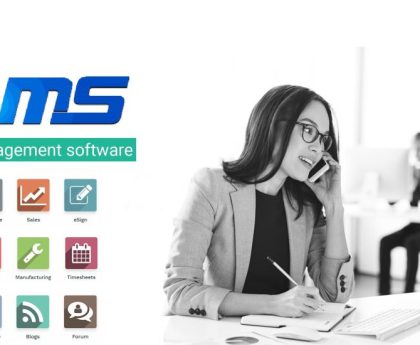Learn everything you need to grow your business with Odoo, the best management software to run a company at
In this video, learn how to create your first request for quotation in Odoo Purchase.
Other lessons related to this video:
– Purchase Lead Times:
– Reordering Rules:
– Call for Tenders:
– Blanket Orders:
– 3-way Matching:
Need more information about Odoo apps?
Discover Odoo, schedule a demo or start your own Odoo revolution for free (no credit card required) at
#Purchase #Basics #Request #Quotation #Odoo #Purchase


